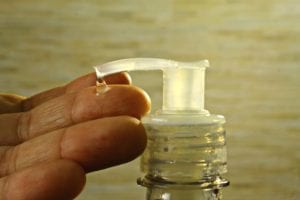Pericarditis
What is pericarditis?
Pericarditis occurs when the pericardium, the membrane around the heart, swells and becomes inflamed. Symptoms typically occur suddenly and then go away, although in some cases they progress slowly and are considered chronic. Some people experience recurrent pericarditis, in which there are symptom free periods in between episodes.
What are the symptoms of pericarditis?
Symptoms include:
- Sharp chest pain
- Dull, achy pressure in the chest
- Pain in the left shoulder and/or neck
- Pain the worsens when lying down, coughing, or inhaling deeply
- Heart palpitations
- Shortness of breath
- Cough
- Fatigue
- Weakness
- Low fever
- Swelling in the abdomen or legs
There are complications of this condition. One is constrictive pericarditis, which occurs when the friction results in permanent scarring and thickening of the pericardium. The other major complication is cardiac tamponade. This means that too much fluid has accumulated in the pericardium, which can cause a severe drop in blood pressure.
What causes pericarditis?
The membrane around the heart, the pericardium, becomes inflamed and causes friction, resulting in the characteristic symptoms. Medical professionals are often unsure as to how the pericardium swells. They know that trauma, heart attacks, other medical conditions, viral infections, systemic inflammatory disorders, and certain medications can cause pericarditis; however, there are many cases in which there is no known cause.
How is pericarditis diagnosed?
A physical exam, questions about medical history, and checking heart sounds are the first steps in obtaining a diagnosis. Tests are the next step, and doctors may order an ECG, chest x-ray, MRI, CT scan, and echocardiogram.
What are the treatments for pericarditis?
Treatment options are influenced by severity and cause of the pericarditis. Medications are usually prescribed, which can be pain relievers, corticosteroids, or colchicine. Doctors will also treat the cause if it is known.
If one experiences a complication like cardiac tamponade, hospitalization will be required.
Where can I find out more about pericarditis?
Pericarditis Articles

Study: Sofpironium Bromide Gel is Safe and Effective for Pediatric Primary Axillary Hyperhidrosis

AAD VMX 2021: Sofpironium Bromide Gel Beneficial for Primary Axillary Hyperhidrosis







